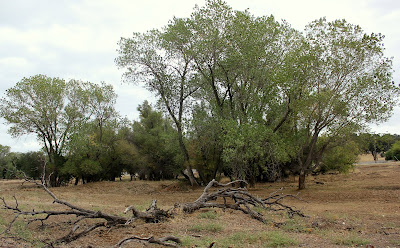 |
| Photo by Benjamin Raffetseder on Unsplash |
In preparation for National Poetry Month, I’ve been researching the benefits of reading poetry. Here’s what I found so far:
- Improves cognitive functions such as flexible thinking and the ability to understand “complex, multiple meanings.”
- Provides comfort and boosts mood during times of stress, trauma, or grief.
- Is pleasurable!
- Helps us understand and express our feelings, identity, self-awareness, and ease negative emotions.
- Offers different ways of seeing things.
- Helps us feel connected and less alone as we see others going through the same emotions.
To sum up, reading poetry helps us to think better and feel
better, even and especially when we’re going through hard times!
Recommitting to the poetry habit
Even though I enjoy reading poetry, I tend to reach for it
when my life feels less stressful and sorrowful. When I feel I have time
to dwell on and savor the words on the page. I can see from the above articles
that I’ve been missing out on the benefits of reading poetry when I’m sad and
overwhelmed (see: 2023).
Reading poetry doesn’t have to be hard. I know that, and yet I sometimes, too often, choose the “easier” option of scrolling mindlessly when I have a few moments to fill. (Maybe they don’t need “filling” at all, but that’s a topic for another day.) I’ve experimented with various methods for reading more poetry—adding it to my morning routine, choosing a poem to read before bed or after I eat lunch. Now I’m going to try keeping a collection of poems next to where I sit on the couch to see if making it easier to read a poem instead of picking up my phone to scroll Instagram will make me happier! I’m also going to give myself permission to dip in and out of poetry collections rather than read one from start to finish. I’m starting with Starspun, a collection published by my high school creative writing teacher Marie Tollstrup, and Poetry Rx: How Fifty Inspiring Poems Can Heal and Bring Joy to Your Life, by Norman Rosenthal, M.D.
Options for the poetry reluctant
If you’re curious but a little reluctant, start small. Don’t worry about “getting it.”
Sign up for poem-a-day in your inbox (poets.org).
If you’d rather listen than read, try The Slowdown or the Favorite Poem Project: Americans Saying Poems They Love.
Poetry may not be everyone’s favorite form of entertainment, but it offers significant benefits to those who take the time to explore it. Do you have any favorite poems, poets, or ways of enjoying poetry? Do share in the comments below.

























